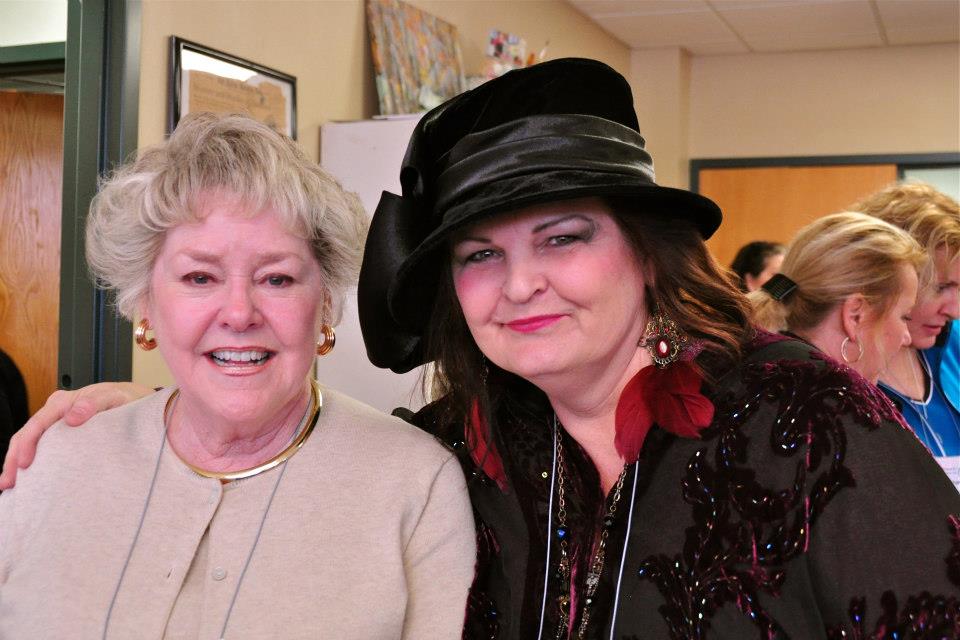 Even King David grew to be an frail old fella, so why should any of us expect to escape such a fate?
Even King David grew to be an frail old fella, so why should any of us expect to escape such a fate?
Indeed, according to an article by Jane Gross in the New York Times, 70 percent of the elderly will need extended care before dying. I suppose this is the upside to the good dying young, heh?
In her article, How Medicare Fails the Elderly, Gross takes a look at what she considers the central flaw in Medicare today – it pays for stuff most don’t need and doesn’t pay for the practical stuff.
The one advantage of coming from a long-line of poor people is that when our people get old we can’t afford to put them away someplace. Somebody in the family takes them in.
Grandpa Harve lived with us for the bulk of the time after Granny Ruth died and he had that stroke. If he wasn’t with us, he was with one of the Uncles and their families.
Mama isn’t all that old but she’s already living with my brother and his family.
Usually when I think of King David, I envision George Clooney. I never really think about him being an aged man. But apparently, he was more a Hugh Hef kinda guy:
1 When King David was very old, he could not keep warm even when they put covers over him. 2 So his attendants said to him, “Let us look for a young virgin to serve the king and take care of him. She can lie beside him so that our lord the king may keep warm.”
3 Then they searched throughout Israel for a beautiful young woman and found Abishag, a Shunammite, and brought her to the king. 4 The woman was very beautiful; she took care of the king and waited on him, but the king had no sexual relations with her.
Okay. Well King David wasn’t exactly Hugh Hefner, but he didn’t have the advantage of all the drugs Hef has access to either.
Either way, it seems that Abishag highlights the advantages of skilled in-home-care.
And, as Jane Gross, points out in her article, we need to reconsider the cost of how we are treating our elderly now:
But right now, according to the health economist Marilyn Moon, there are 47 million Medicare beneficiaries, costing a half trillion dollars a year, or one-fifth of the nation’s health spending. In 2050, the population on Medicare will number 89 million. How scary is that?











